July 19, 2024
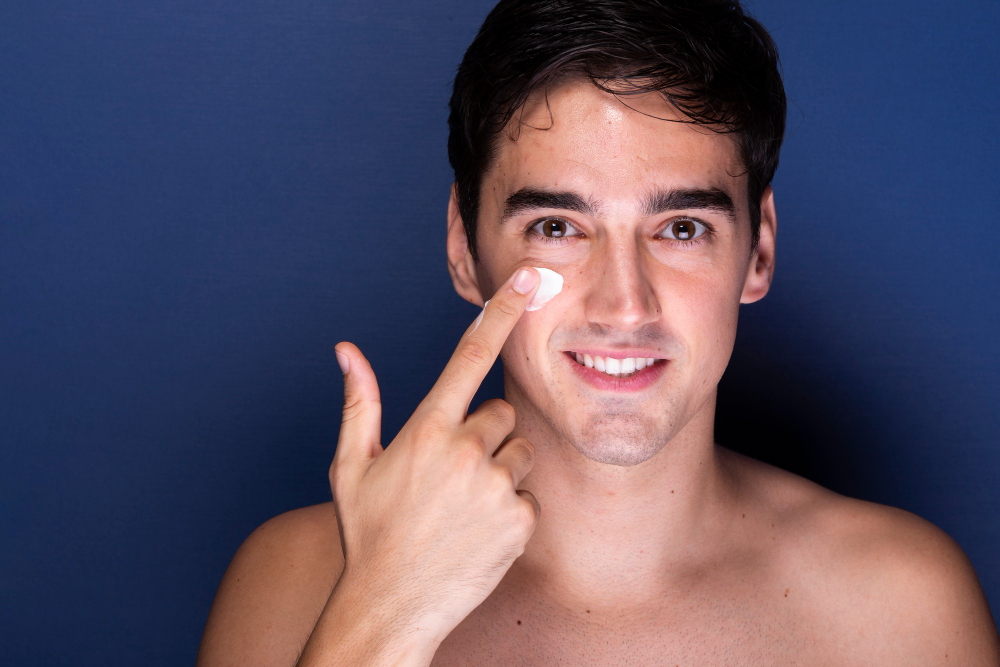
Basic skin care steps for men
For many men, the concept of skin care can be a foreign one. However, everyone can benefit from proper skin care, regardless of gender. The basic steps in a men's skin care routine are surprisingly simple and crucial to maintaining healthy skin.
1. Why do men need skin care?
Practicing a daily skin care routine helps prevent future skin problems, this applies to everyone, regardless of gender, age or environment. Many men believe that skin care is only necessary when experiencing specific problems such as acne, rashes or wrinkles. While some skin care products can help with these problems, maintaining a daily skin care routine is always the best way to prevent acne from appearing.
The skin is the body's largest organ and requires daily preventative measures to maintain its health, as does exercise and proper diet to maintain overall health. Daily skin care keeps skin firm, clean and makes you look more youthful.
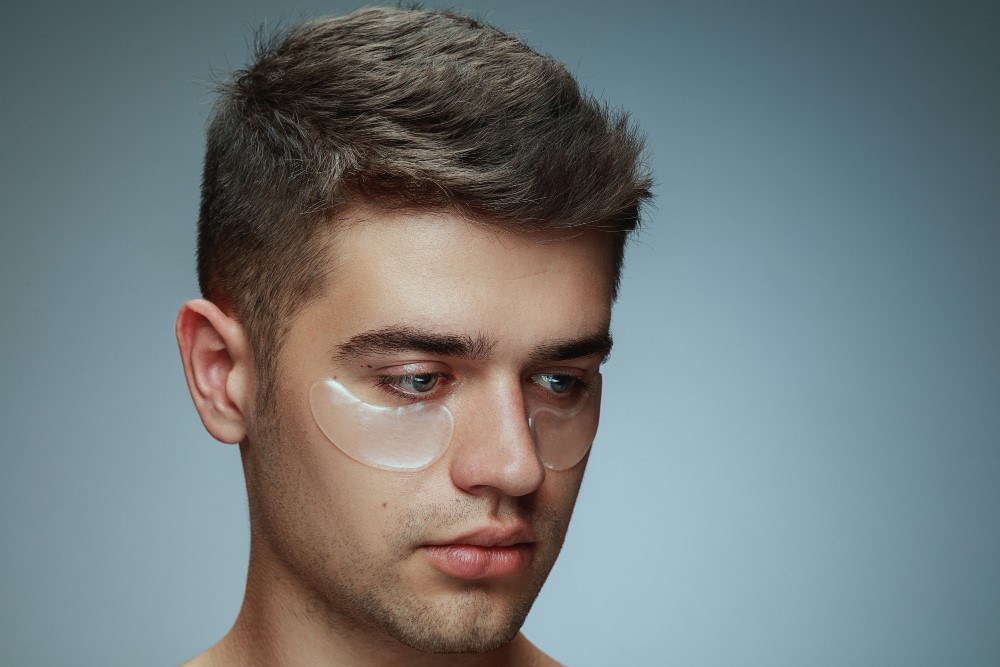
2. Clearly determine your skin type
Most men don't know their skin type, which is important in developing a skin care routine. Here are the basic skin types:
- Normal skin: Not too oily or dry, rarely irritated or acne-prone.
- Oily skin: Naturally oily and shiny, often with acne or sebum buildup.
- Dry or sensitive skin: Is easily irritated and often feels tight or dry.
- Combination skin: Oily skin in the T-zone (forehead and nose) but dry or sensitive in other areas (mainly cheeks).
- Aging skin: Looks aged, wrinkled and has age spots due to years of lack of care.
Knowing your skin type makes it easier to choose the right skin care products. Product labels often clearly state the skin type for which the product is suitable.

3. Basic skin care steps for men
Cleansing: Wash your face twice daily, morning and night, with a cleanser suitable for your skin type. This helps remove dirt and impurities:
- Use warm water to open pores before washing and cool water to close pores after washing your face.
- Avoid using regular soap, as it can cause irritation to sensitive facial skin.
- Do not wash your face too many times, because it can cause the skin to secrete more oil.
Use toner: This helps balance the skin's pH after washing your face.
Exfoliate: Exfoliate 1-3 times a week after washing your face, depending on skin type. This helps remove dead skin cells and prevent clogged pores, especially important before shaving to reduce ingrown hairs. However, you should avoid overusing exfoliants, as they can cause dryness and skin irritation.
Moisturize: Apply moisturizer twice daily. This helps firm the skin, prevents dehydration and stops signs of aging. Oily skin also needs light moisturizing to control oil and reduce dark spots.
Protect your skin from the sun: Always apply sunscreen with at least SPF 15 when going out. Sunlight is the leading cause of aging and skin damage.
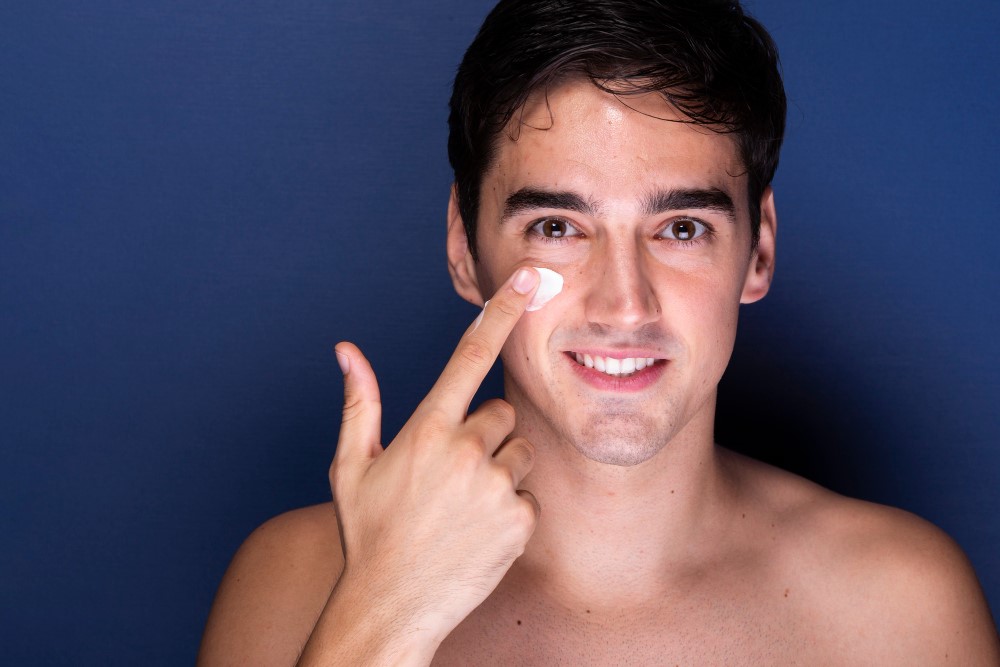
4. Effective skin care tips
- Choose products based on your skin type. Avoid products with fragrance if your skin is sensitive.
- Wash your face every day and after sweating.
- Be careful when shaving to avoid irritation and ingrown hairs.
- Moisturize daily to keep skin moist and youthful.
- Protect your skin from the sun with sunscreen, sun-protective clothing and seek shade.
Everyone's skin is different, but these basic steps are important to maintain healthy and youthful skin. It's never too late to start a proper skin care routine.
Related blog posts

Dermatology
The Growing Role of AI in Healthcare
Artificial Intelligence (AI) has become an integral part of modern life, with its influence growing rapidly, especially in healthcare.
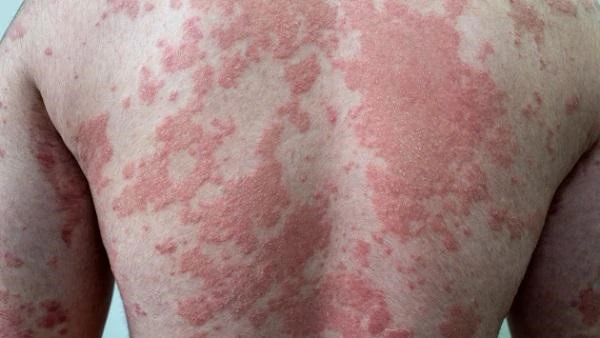
Dermatology
Understanding Psoriasis: Causes, Symptoms, and Treatment Options
Psoriasis is a chronic autoimmune skin condition that affects millions of people worldwide.
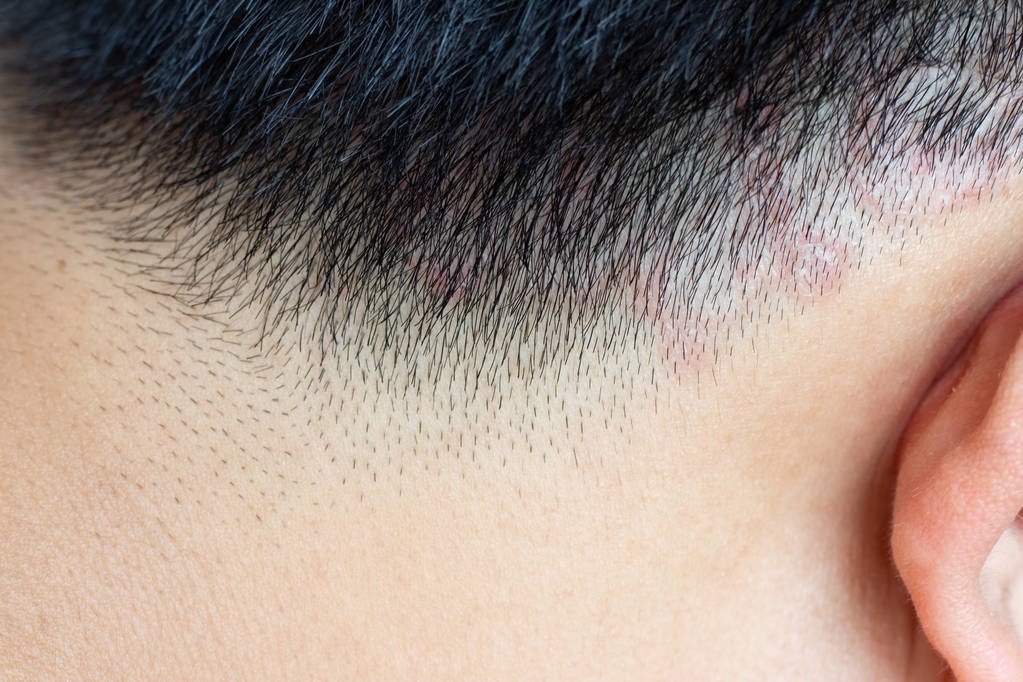
Dermatology
What is scalp ringworm?
Scalp ringworm is a fairly common skin condition. Let’s learn about scalp ringworm and how to treat it.